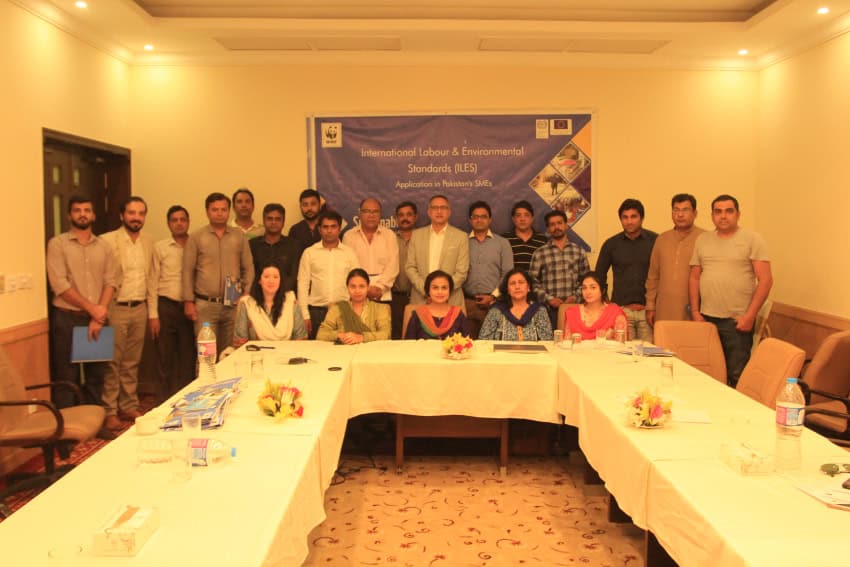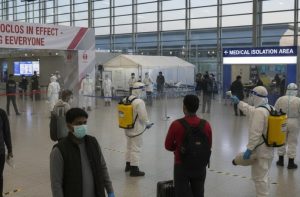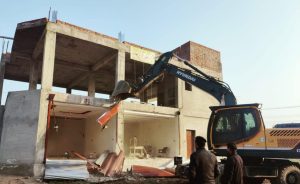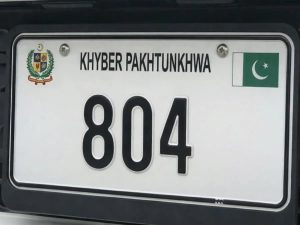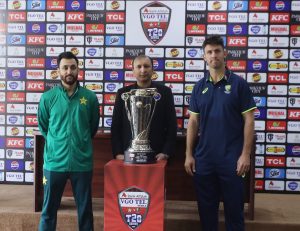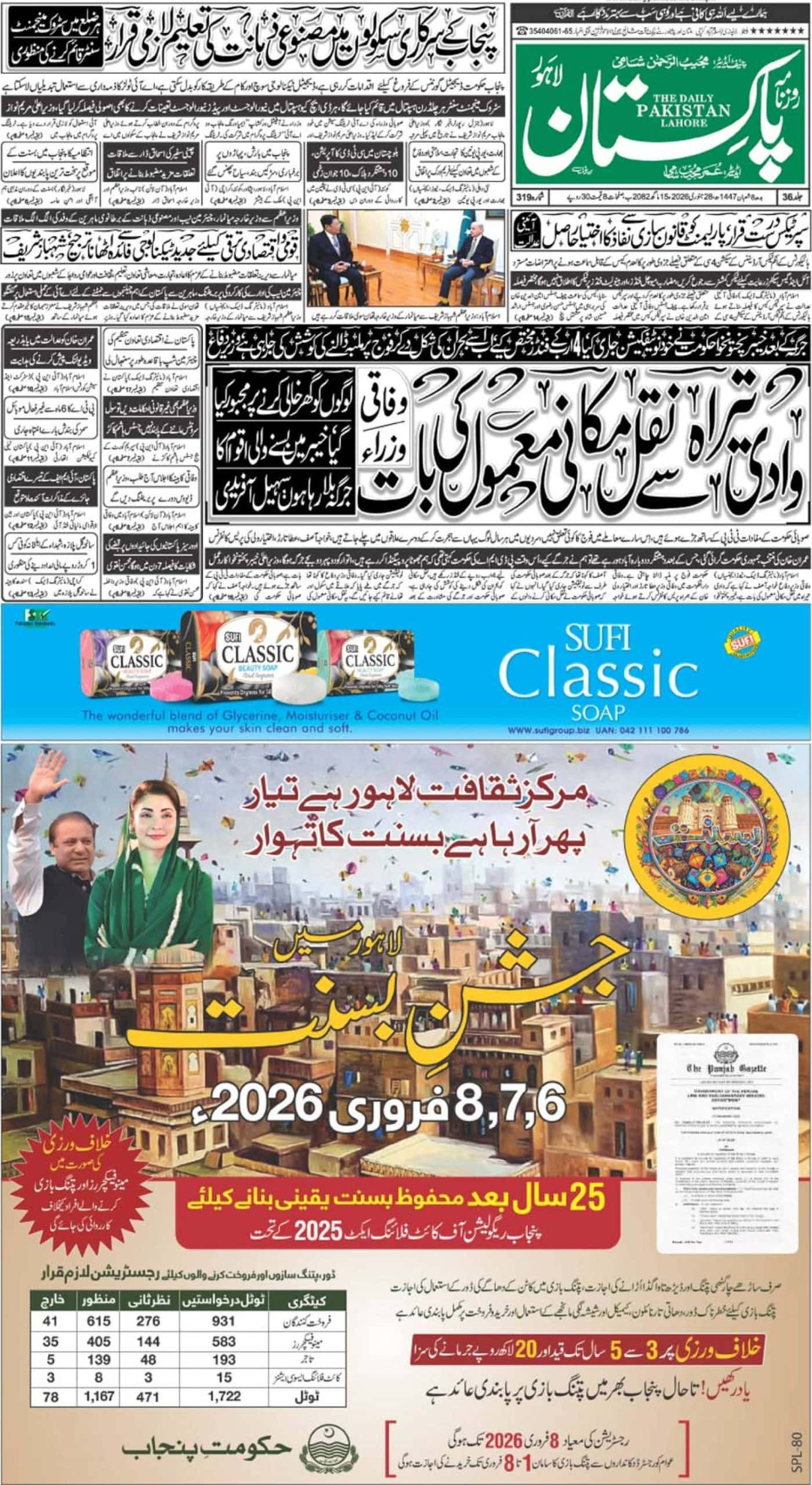LAHORE – Speakers at a WWF session have urged the need to promote water efficiency in Pakistan, one of the world’s most water stressed countries.
They were addressing a media briefing session conducted by WWF-Pakistan under the project titled ‘International Labour and Environmental Standards (ILES) Application in Pakistan’s Small and Medium Enterprises (SMEs)’ in Lahore on Wednesday.
The six-year project, funded by the European Union, is jointly being implemented with the International Labour Organization (ILO) in Lahore, Karachi, Sialkot and Faisalabad.
The project aims to implement international labour and environmental standards in Pakistan in order to improve the capacity of the public sector to implement Multilateral Environmental Agreements (MEAs) and national environmental laws and standards in Pakistan.
The project involves building capacity of the textile and leather sector to adopt Smart Environmental Management Practices (SEMPs) in order to efficiently use water and energy resources and reduce the use of hazardous chemicals by 15 to 20 per cent.
Further the project aims to contribute to improvement in industry based laws so that Pakistan’s export market can compete with international labour and environmental standards.
According to Hammad Naqi Khan, Director General, WWF-Pakistan, Pakistan is nearing the threshold of water scarcity, and access to safe drinking water in rural and urban areas is declining and provision of potable water is a key issue that people face. He also said that the implementation of laws pertaining to industrial effluents generated from the textile and leather industries are very weak.
Further, industrial waste from these industries contains heavy metals such as copper, chromium, and nickel. He also said that a large population of major cities in Pakistan does not have access to safe drinking water as freshwater resources are being contaminated due to multiple reasons.
He was of the view that safe drinking water should be made available to the population and industries need to ensure proper disposal of solid and liquid waste. Industries should also ensure that the labour force working in their facilities are not exposed to harmful chemicals. “WWF-Pakistan is committed to protecting the freshwater resources of the country and improving water access, efficiency, and allocation for people and the environment,” he added.
Speaking on the occasion, Arjmand Qayyum, Coordinator ILES, WWF-Pakistan, said that the textile and leather sectors represent the largest domain of the industrial base and play a key role in the country’s economy. He shared that these industries are resource intensive where large amounts of water, energy and chemicals of different classes are used, contributing to an overall increase in pollution levels in the country.
“This has consequential impacts on natural resources, the health of the people and eventually on overall economic conditions.”
He also said that due to poor management and unwise use of water, most of our population is deprived of this basic amenity of life. Arjmand informed that WWF-Pakistan will initiate a study on the situation analysis of water resources in Karachi and will establish a case for a citywide partnership for responsible use of the resource.
While, Sohaib Anwar, Senior Officer ILES, WWF-Pakistan said that it is critical to analyse the current situation and revise statistics on water quantity and quality in major cities of Pakistan. He further said that various industrial sectors in the city must reduce their carbon footprint and make climate resilient initiatives that will help address issues related to water and energy efficiency in these cities while a better image of Pakistan will be projected in front of the world.

